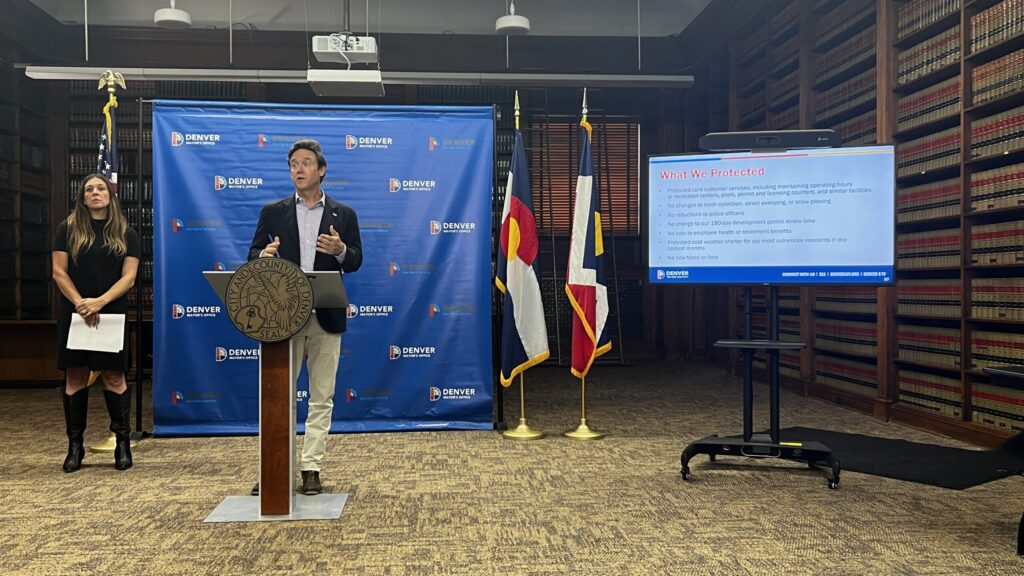Colorado labor leader rips overtime bill, while Tipton praises more worker flexibility
A House bill that would allow employers to compensate workers with paid time off instead of wages for overtime is fielding conflicting opinions from Colorado lawmakers and labor leaders.
On a party line vote earlier this month, the House passed the legislation, H.R. 1180, that would alter language in the Fair Labor Standards Act, allowing employees to opt for time off at a rate of time-and-a-half for every hour of overtime – the rate current law requires companies to pay workers for any work over 40 hours a week – instead of pay.
U.S. Rep. Scott Tipton supported its passage through the House and in a statement argued it gives flexibility to working families and meets the needs of today’s workforce.
“The U.S. workforce has changed a lot since the Fair Labor Standards Act was implemented in the 1930’s, and our laws need to reflect the changing needs of today’s families and workers,” Tipton said. “Employees should have the flexibility to use overtime benefits as they see fit. This bill moves us in a positive direction.”
The bill’s author U.S. Rep. Martha Roby (R-Ala.) lauded the overtime bill and its House passage, contending labor laws haven’t evolved as the workforce has.
“Today’s working parents need more time flexibility to balance the demands of work and family,” Roby said.
But Colorado AFL-CIO Executive Director Sam Gilchrist said the bill reduces take-home pay for workers, noting overtime pay was something heavily fought for during the labor movement in the country. The legislation is fundamentally a means to not pay workers what they are owed.
“This bill would encourage employers to push excessive hours on workers because it makes it cheaper for them,” he said. “It essentially allows them to pay nothing at all for extra work.”
Supporters have pointed out, under the overtime bill, an employer wouldn’t be able to force a worker to take vacation time over pay; both parties would have to agree to the arrangement.
However, Gilchrist said the employment relationship is as such because the employer has undue influence over workers. Most employers want to do the right thing, but this isn’t about small businesses taking advantage of workers but large corporations like Walmart, he said.
“It takes a lot of power out of the employee’s hands,” Gilchrist said.
“If they’re working, they should be paid for their time,” he said. “We believe employers should invest in their employers because they are the ones who create the wealth.”
The bill will need 60 votes to pass in the Senate, which would require some support from Democrats. The White House has said it supports the legislation.











